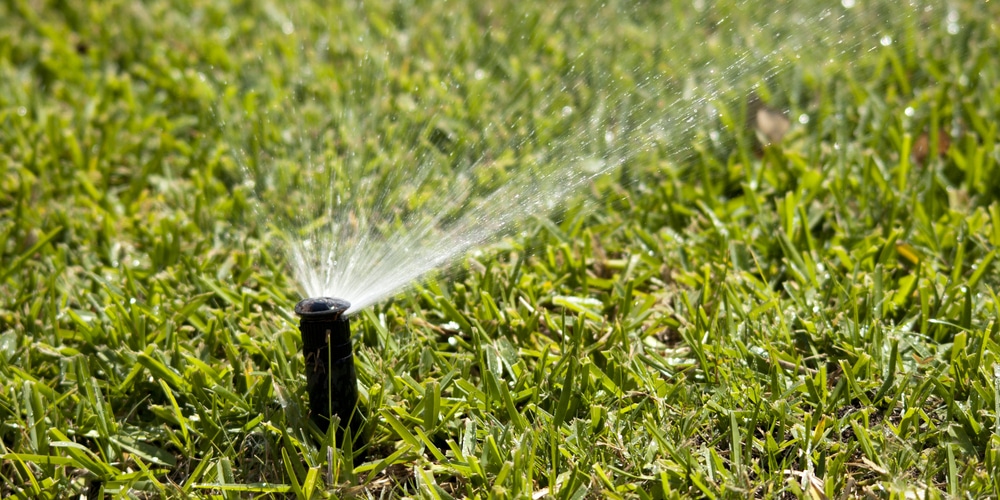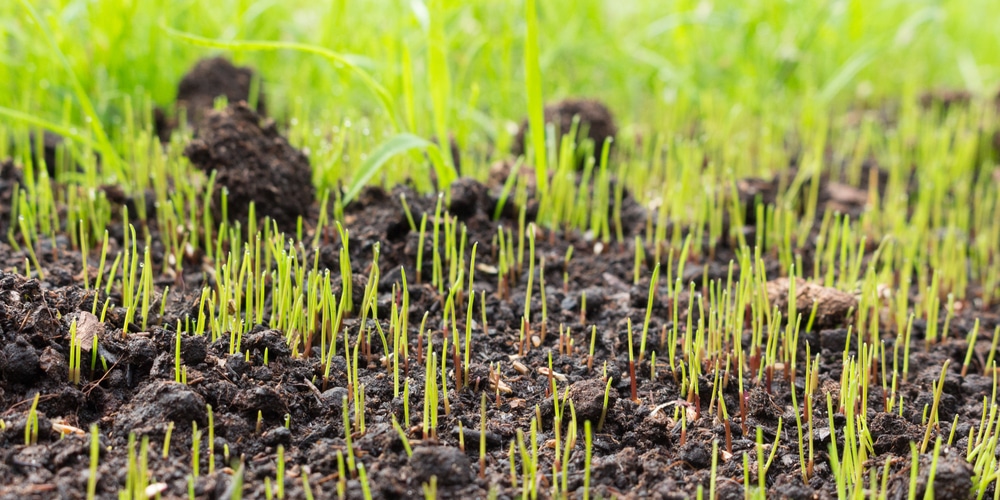Fescue is a versatile and relatively easy-to-grow cool-season lawn you should add to your garden to increase the aesthetics of your property. Your grass is one of the first things people notice of your house: maintaining it healthy and thriving is one of the first steps to ensuring your home looks nice and tidy.
But having your lawn look like those you see in the movies takes some effort. If you have grown grass before, you know what we are talking about. Indeed, having a healthy-looking turf is easier said than done.
A lawn requires attentive care, regular mowing, watering, and feeding. To reach the aesthetic appeal that might satisfy you, you must take care of your grass. Indeed, despite being “low-maintenance,” you must meet its needs and requirements to have it growing healthy.
Maintaining healthy grass can be frustrating. We all know this. However, by following our recommendations and tips, your efforts and money will be worth it in the end! Yes, you may have to take prompt measures to keep weed at bay or to prevent the spread of diseases. However, things can be slightly less challenging when you do things the way they should be.
Grasses (like any other type of plant) need water, nutrients, and oxygen to thrive. These elements initiate photosynthesis, which, in turn, provide your turf with enough energy to grow and stay healthy. For this reason, soil preparation, weed control, and fertilization are crucial steps to maintain a lawn.
But how much water does fescue need? If you are a beginner gardener, or you have recently switched to fescue, don’t worry. In this essential watering guide, we’ll try to provide you with everything you need to grow healthy fescue grass in your garden.
How Much Water Does Fescue Need?
Let’s get things straight. Fescue grass needs about one inch of water every week. For best results, you shouldn’t give it all at once. That is especially true if you live in a dry and warm area, where much water can get lost by evaporation. As a rule of thumb, you should water your grass until the soil feels wet to a depth of four to six inches. Use your fingers to check for proper saturation.
Don’t forget that such recommendations refer to an established lawn. If you have just sowed your grass seeds, the requirements are different. Seeds and seedlings require plenty of water to grow and develop. Water helps seeds develop into seedlings and grow roots. Water your fescue seeds once per day for the first couple of weeks after planting. As soon as you notice seedlings emerging, slowly decrease the frequency.
To decrease water loss by evaporation, water your lawn early in the morning. Doing so will also minimize the incidence of diseases and limit the spread of fungal infection. Avoid watering your lawn late in the afternoon or the evening, as you might make it more susceptible to attacks from pests.
Fescue Grass Care
While watering your grass is crucial, you need to pay attention to other aspects. For starters, you must commit to a regular mowing schedule. For your lawn to be healthy, you must maintain it at heights between two and three inches. Usually, mowing once per week or every five days will give you the best results.
If you can, consider leaving grass clipping on the lawn: they will decompose quickly and provide your grass with some of the nutrients it needs to thrive. And the best part is that you will save on fertilizer! However, avoid doing so with prolonged rain. Instead, use your clippings as mulch around other plants.
If your soil is poor, fertilization will be essential in promoting color and growth. Plus, it might help your lawn recover from damage. If you have kids or pets running around, you probably know what we are saying. But do not overdo it: too much nitrogen might burn your lawn’s roots and halt its growth.
How Much Water Does Fescue Need?: The Bottom Line
Proper watering is a crucial step in ensuring your lawn grows healthy. Plus, it contributes to brighter lawn coloration, especially if you live in a dry region. We know that watering can be a considerable commitment of time and money.
Fescue grass needs plenty of water, especially during the summer. However, your efforts will be worth it in the end! Consider getting an irrigation system for even better results.
Related Article: Does Fescue Grow in Shade?

